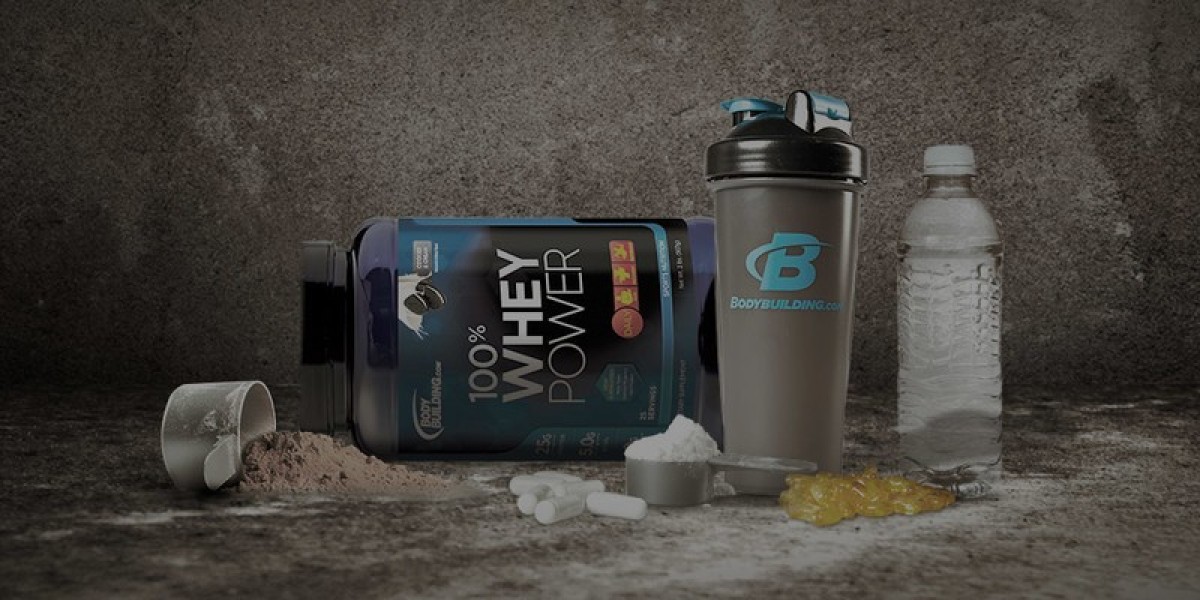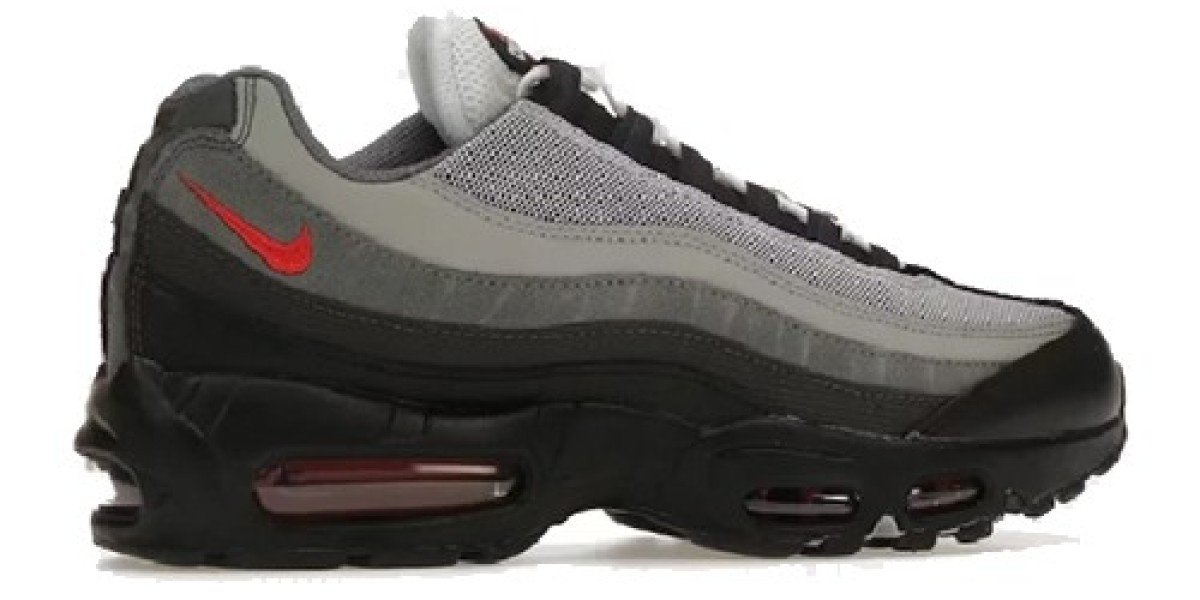Fitness enthusiasts, athletes, and beginners alike often seek ways to enhance their performance, recovery, and overall results. While a best fitness routine and a balanced diet are key to achieving your goals, supplements can offer an extra edge, providing the necessary nutrients to support your body’s needs. In this article, we’ll explore the best fitness supplements that can help you maximize your workout results, speed up recovery, and enhance overall health.
Why Supplements Are Important for Fitness
Before diving into specific supplements, it’s important to understand why they can be beneficial for your fitness journey. Supplements are designed to complement your diet and fill in gaps that may be missing. They’re not meant to replace whole foods but can offer targeted support in areas like muscle growth, energy production, and post-workout recovery. When used correctly, they can optimize your training, help you achieve your goals faster, and improve your overall health.
The Best Supplements for Fitness
Here are some of the top supplements that can support your fitness routine, whether you're looking to build muscle, lose fat, or improve endurance.
Protein Powder (Whey or Plant-Based)
Protein is the building block of muscle, and it plays a crucial role in recovery and growth. Whether you’re a bodybuilder, runner, or casual gym-goer, ensuring you get enough protein is essential. Protein powder is a convenient way to meet your daily protein needs, especially if you’re on the go or have trouble consuming enough protein through whole foods.
Why it’s essential:
Aids muscle recovery and growth.
Helps in fat loss by promoting satiety and reducing cravings.
Convenient for those with busy schedules.
Top choices:
Whey Protein: Fast-digesting and ideal for post-workout recovery.
Plant-Based Protein: Great for vegans and those with lactose intolerance (e.g., pea, hemp, or brown rice protein).
Creatine
Creatine is one of the most researched and effective supplements for enhancing athletic performance. It helps increase the availability of ATP (adenosine triphosphate), which is your body’s primary energy source during short bursts of intense exercise. As a result, creatine can improve strength, power, and endurance in activities like weightlifting, sprinting, and high-intensity interval training (HIIT).
Why it’s essential:
Boosts strength and power output.
Enhances short-term, high-intensity performance.
Speeds up muscle recovery between intense bouts of exercise.
Recommended dose: A typical dose is 3-5 grams per day. Many people start with a loading phase (20 grams for 5 days) and then reduce to 3-5 grams per day for maintenance.
Branched-Chain Amino Acids (BCAAs)
BCAAs (leucine, isoleucine, and valine) are essential amino acids that play a role in muscle protein synthesis and recovery. BCAA supplementation can help reduce muscle soreness after intense exercise, decrease muscle breakdown, and improve exercise performance, particularly during endurance activities.
Why it’s essential:
Reduces muscle soreness and recovery time.
Helps preserve muscle mass during calorie deficits (important for fat loss).
Can enhance endurance during prolonged exercise.
How to use: BCAAs are commonly taken before or during workouts to prevent muscle breakdown and reduce fatigue.
Pre-Workout Supplements
Pre-workout supplements are designed to boost your energy, focus, and performance during exercise. They typically contain ingredients like caffeine, beta-alanine, and nitric oxide boosters, which can enhance endurance, reduce fatigue, and improve overall exercise intensity.
Why it’s essential:
Increases energy and focus during workouts.
Enhances endurance and strength.
Delays fatigue to allow for more intense training sessions.
Common ingredients:
Caffeine: A natural stimulant that increases energy and focus.
Beta-Alanine: Helps buffer lactic acid build-up, improving endurance.
Nitric Oxide: Increases blood flow to muscles, enhancing performance.
Fish Oil (Omega-3 Fatty Acids)
Omega-3 fatty acids, found in fish oil, are essential for overall health and wellness. They have anti-inflammatory properties that can aid in muscle recovery, reduce joint pain, and support cardiovascular health. Omega-3s also improve fat metabolism and can aid in fat loss.
Why it’s essential:
Reduces inflammation and supports recovery.
Improves joint health and mobility.
Enhances heart health and supports fat metabolism.
How to use: Aim for 1-2 grams of EPA and DHA (the active forms of omega-3) daily, either through supplements or fatty fish like salmon and mackerel.
Multivitamins
Even with a balanced diet, it can be challenging to get all the vitamins and minerals your body needs. A high-quality multivitamin can help fill in nutritional gaps, ensuring you get the essential nutrients to support energy production, immune function, and overall performance.
Why it’s essential:
Ensures you’re meeting your daily micronutrient needs.
Supports energy levels and immune health.
Improves overall body function and fitness performance.
How to use: Choose a multivitamin designed for your specific needs, whether you're a male, female, athlete, or someone with specific health concerns.
Magnesium
Magnesium is a critical mineral that plays a role in muscle function, energy production, and protein synthesis. It’s also known for its ability to reduce cramps, enhance relaxation, and improve sleep quality. Given its numerous benefits for exercise performance and recovery, magnesium can be a valuable supplement for anyone who trains hard.
Why it’s essential:
Helps prevent muscle cramps and spasms.
Supports recovery and restful sleep.
Improves energy production and reduces fatigue.
How to use: Aim for 300-400 mg per day, especially before bedtime to help promote relaxation and recovery.
Best Practices for Supplementation
While supplements can support your fitness goals, they should never replace a balanced diet and consistent training. Here are some tips for using supplements effectively:
Use supplements to complement, not replace, whole foods: No supplement can replace the nutritional benefits of real, whole foods. Make sure you prioritize a well-rounded diet rich in fruits, vegetables, lean proteins, and healthy fats.
Follow the recommended dosages: Overconsumption of supplements can lead to side effects or health risks. Stick to the recommended dosages listed on the packaging or as advised by a healthcare professional.
Stay consistent: Like fitness routines, supplementing consistently is key to seeing results. Incorporate your supplements into a daily routine to maximize their effectiveness.
Consult with a healthcare professional: Before adding new supplements to your regimen, especially if you have pre-existing conditions or are on medication, it’s a good idea to consult with a doctor or nutritionist.
Conclusion
Fitness supplement tips can play a significant role in boosting your performance, supporting muscle growth, and accelerating recovery. Whether you’re looking to enhance your strength, improve endurance, or recover faster, the right supplements can complement your workouts and help you achieve your fitness goals more efficiently. However, they should always be used alongside a healthy diet and exercise routine to get the best results. With the proper supplementation, you can take your fitness journey to the next level and unlock your full potential!








